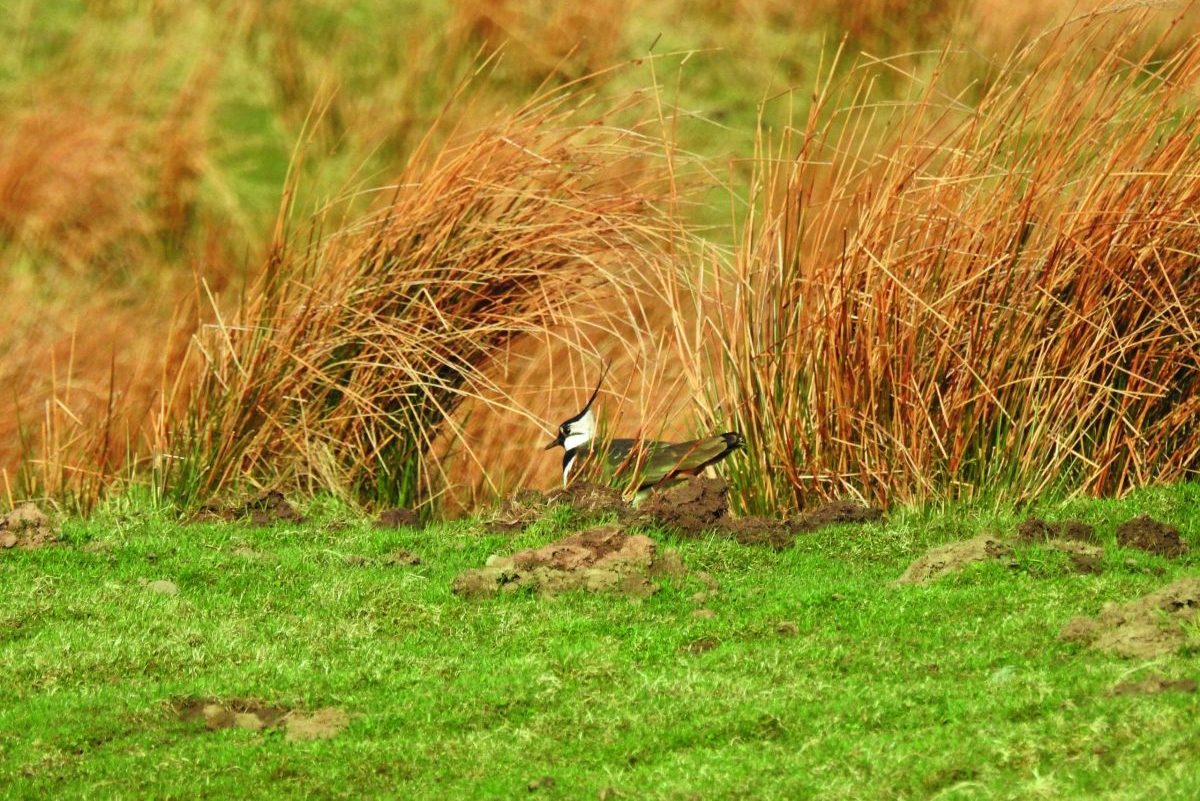Wading birds under increasing pressure from predators
Our wading birds are coming under pressure from all sides and they face a very bleak future if predators continue to be given free rein

A handful of lapwings can only stave off attacks by large gulls, kites and buzzards for so long
I have always had an affinity with the wading birds that kept me company during the summer when I was working on the moor. I now oversee one of two sites owned by the Philip Wayre Upland Trust. The Trust land has more or less every species you will find in the uplands of England and part of it is a pasture that contains a really good lapwing colony. Eleven pairs arrived back this spring, but it was not long before two of the birds were predated by a sparrowhawk.
It’s a good field to view with the glasses as I can scan it from a track without lifting the birds from their nests. Before long, I could see 10 incubating, some of them tucked well down in the short rush cover with only heads showing. However, there are only so many attacks by the big gull species, kites and buzzards that a handful of lapwings can repel. Although there are decent numbers of adults on our field, they are still suffering losses of both eggs and chicks to aerial pirates.
Wading birds are tenacious in the defence of their young, but it’s a task that becomes more difficult as the numbers of adults become depleted. There are not many cases where a small number of defenders can hold a larger attacking force at bay, especially when the attackers have superior arms. Sadly, smaller numbers are becoming more the norm in the uplands, making it far easier for even flocks of corvids — jackdaws and so on — to steal the odd chick.
This is something that many ‘conservationists’ appear to think either does not happen or does not matter. The people at Defra deciding who gets a licence to deal with many of these species seem to have no idea what the situation is in the real world. The very cold, dry weather of a few weeks ago did not help the newly hatched chicks, but there are still a few left and some of the adults will have another attempt.
Without our efforts and those of the neighbouring grouse moors, waders would soon be a thing of the past. They are under pressure from all sides, including from agricultural intensification. But who cares?
Not those who peddle misinformation about land management on social media and the internet. The members of the public who damage legal methods of controlling these predatory birds are sadly misguided individuals. But what chance do we have, in these days of trial by media, when so-called celebs are, at times, doing their best to halt essential control of some species?
Dedicated
If anyone has any doubts about the knowledge of the majority of the general public regarding our wildlife, simply take note of some of the answers given on the numerous television quiz shows — and that includes University Challenge. To be blunt, it is quite frightening to think that most people seem to know more about many foreign species than our own.
If the legislators in Scotland and Wales press on with their ideologically biased agenda on sporting management, I fear for our wading birds. However, I still cling to the hope that, thanks to the efforts of gamekeepers and genuine, dedicated bird lovers and managers, there will be another generation who will hear the waders calling.
Let’s hope it’s not only the major predators left in the skies, as already seems to be the case over vast expanses of our countryside.








